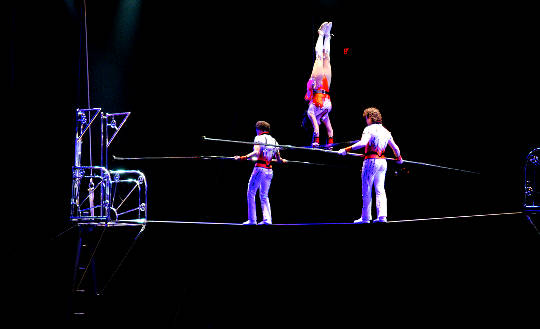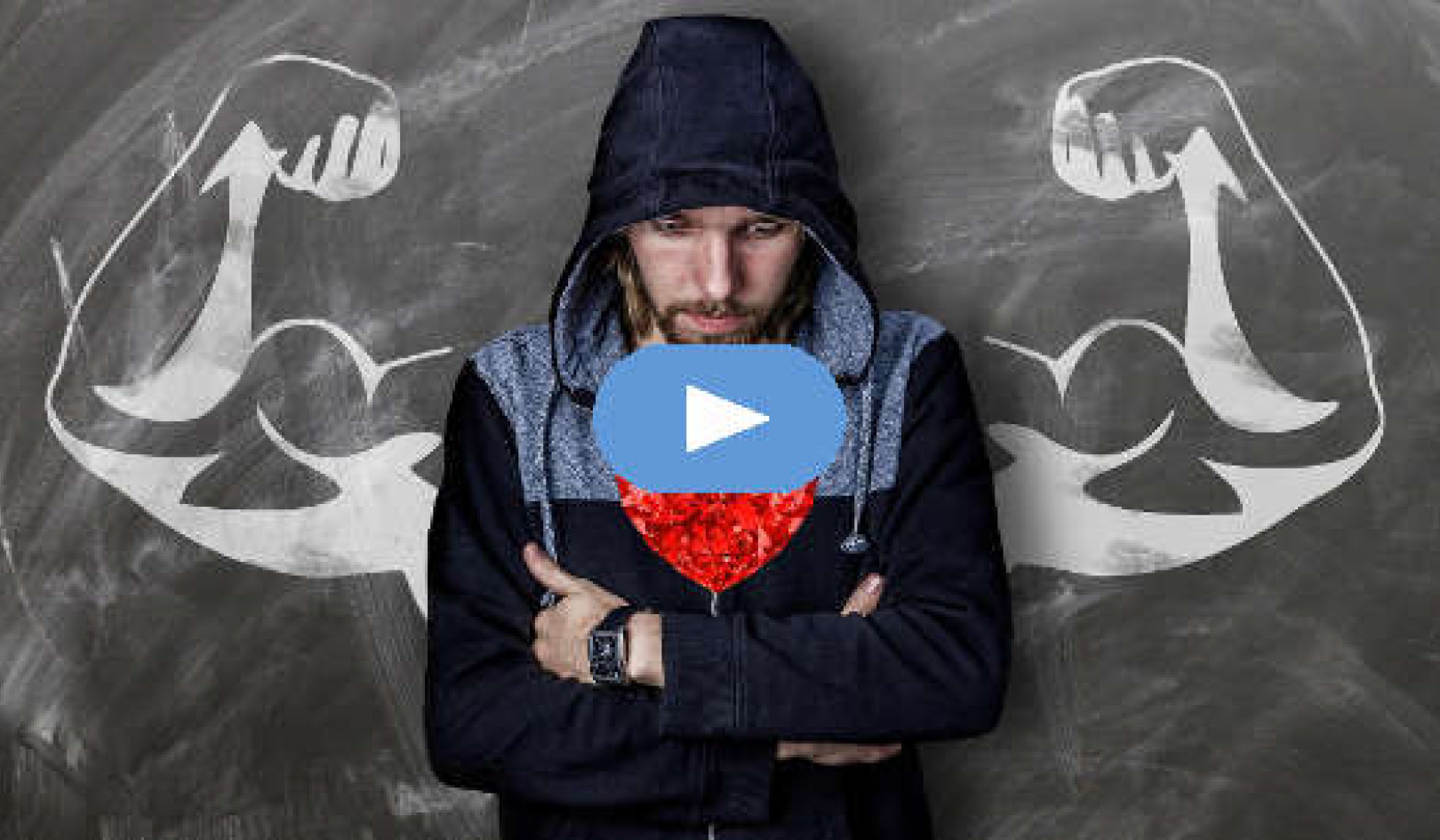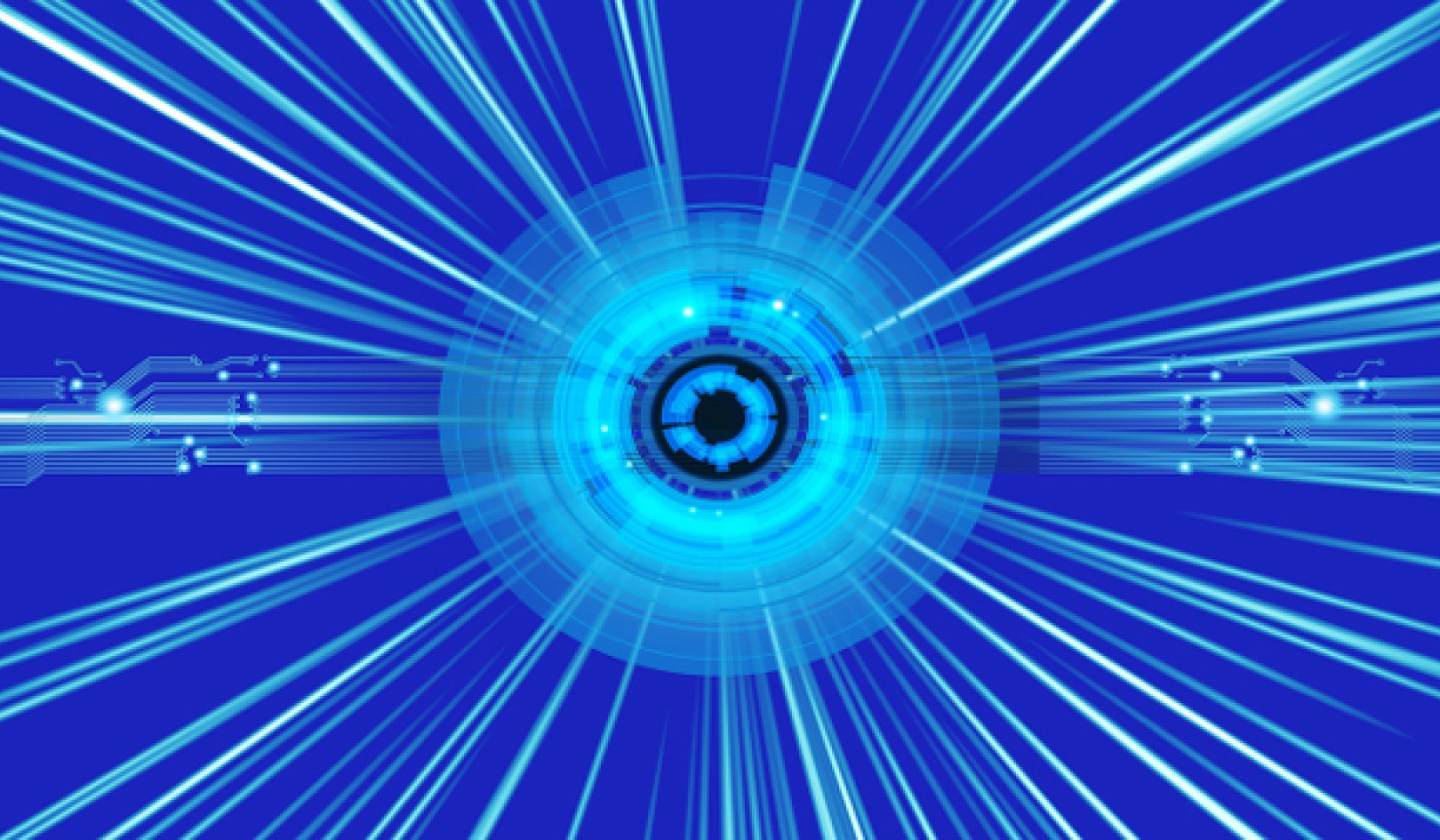Our bodies/minds evolved around short-term stresses such as unexpected bad weather, minor skirmishes with neighboring tribes, and the occasional hike up a tall tree to avoid being skewered by a saber-toothed tiger. Prehistoric hunter-gatherers worked only three or four days a week to provide the necessities for survival. Sandwiched between stressful events were days of idle socialization with tribe members, lazy walks by the lake, and hours of horizontal cloud-watching.
If we could choose one word that would define the lives of modern humans, it would have to be hectic. When, in recorded history, have we been so predisposed to incessant activity? We truly are driving ourselves insane. Sixty or seventy years is not enough time for our nerves and bones and brains to adapt to the increased activity and stress that modern living has thrust upon us. Our body/minds haven’t been prepared for the onslaught of 21st-century living. They were made for a more peaceful, contemplative existence.
That contemplative nature born of our earliest forefathers is with us still, genetically coded in our every cell, patiently waiting to be rediscovered. It is an ever-present but frail voice, straining against the ever-escalating rumble of modern madness. If we take a moment to listen, we can hear it quietly pleading, “Slow down! Enjoy. Let the world pass you by just a few minutes more.”
Doing Nothing Is Not The Same As Wasting Time
We often feel that if we take time to do nothing, then that is time wasted. This problem is not a matter of quantity but quality. Turning inward rejuvenates the mind and body in a way that harmonizes them with the outside world. Taking time to daydream or meditate will more than make up for “lost” time in renewed energy and creativity.
Daily activity is inescapable, and while retiring from the world to meditate will certainly yield benefits, we have missed a greater truth. We have wrongly assumed that we cannot be both active and quiet at the same time. As it turns out, we can be both outwardly active while inwardly at rest. Yes, we can have our cake and eat it, too. By virtue of being human, we can actually rejuvenate as we go; we can maintain a state of restful inner peace while engaged in our daily routine.
Contemporary man’s synaptic brain junctions are fervently firing from the first flicker of awareness in the morning to its last gasp at night . . . when the welcome silence of sleep releases him and prepares him for the onslaught of the coming day.
Our Ancestors & Us: The Same, Yet Not The Same
 Our ancient ancestor was basically like us. For all practical intents and purposes, he was us. If he were born today and raised in a middle-class family, I don’t think you would be able to pick him out in a class of his contemporary cousins. But here is the problem: The forces that forged his large brain and upright body are not the ones modern man knows today — not even close.
Our ancient ancestor was basically like us. For all practical intents and purposes, he was us. If he were born today and raised in a middle-class family, I don’t think you would be able to pick him out in a class of his contemporary cousins. But here is the problem: The forces that forged his large brain and upright body are not the ones modern man knows today — not even close.
Our bodies and minds, formed before time was invented, are today subjected to foreign forces unknown to ancient peoples. Pollution, high-stress jobs, the pressure to multitask, a soaring divorce rate, hours of sitting in front of a computer, and the need to digest on a daily basis the negative news shared from around the world were all unknown stressors our ancestors didn’t have to face even a hundred years ago.
Knowledge... Control... Security... Insanity
To say that we have created a hectic world is to state the obvious. We are driven by an insatiable need to fill all voids. Knowledge is the new god. We feel that if we know about something, then we own it and can control it. And if we can control a thing, we can either use it to further our knowledge and increase control or protect ourselves from harm — both real and imagined.
So our collective thinking goes something like this: If we increase our knowledge about something, then we can increase our control over it. If we increase our control over a thing, we can use it for further knowledge or eliminate it as a threat to our safety and continued search for knowledge. Do you see the subtle insanity intimately woven into the very fabric of our thinking?
Being Free of the Need to Control
The question we should be asking ourselves is not: How can I get more control? The primary question that every one of us should entertain is: How can I be free of the need to control? Beyond the basic needs for survival and life’s creature comforts, why do we need to make more money, drive a faster car, or feel compelled to share our problems with the check-out clerk at the convenience store? Abraham Maslow would say we have a psychological need to control, and he would be right. But that begs the question, “What causes the psychological need for control?”
The need to control comes from the feeling that control is needed. That is, we feel out of control. The feeling may or may not be conscious. In fact, most often it is not. But that subtle, unconscious need to be in control fuels most of our desires beyond mere survival and basic comfort.
©2010, 2012 by Frank J Kinslow.
Published by Hay House, Inc. www.hayhouse.com
Article Source
The Secret of Quantum Living
by Frank J Kinslow.
 Discover how to enrich and enliven all areas of your life. It doesn’t require previous training, and it’s so simple that a child can do it. The Secret of Quantum Living is fun to read and exciting to apply. You’ll begin seeing results from your very first session. Give it a try . . . you’ll be surprised how quickly the process works for you!
Discover how to enrich and enliven all areas of your life. It doesn’t require previous training, and it’s so simple that a child can do it. The Secret of Quantum Living is fun to read and exciting to apply. You’ll begin seeing results from your very first session. Give it a try . . . you’ll be surprised how quickly the process works for you!
Click here for more info and/or to order this book on Amazon.
About the Author
 Dr. Frank J. Kinslow is a chiropractic physician, a teacher for the deaf, and a Doctor of Clinical Spiritual Counseling. He is the originator and only teacher of the Quantum Entrainment® process and continues to write and teach extensively on the practical application of healing and harmony in daily living. Dr. Kinslow resides in Sarasota, Florida. Visit his website at www.QuantumEntrainment.com
Dr. Frank J. Kinslow is a chiropractic physician, a teacher for the deaf, and a Doctor of Clinical Spiritual Counseling. He is the originator and only teacher of the Quantum Entrainment® process and continues to write and teach extensively on the practical application of healing and harmony in daily living. Dr. Kinslow resides in Sarasota, Florida. Visit his website at www.QuantumEntrainment.com




























